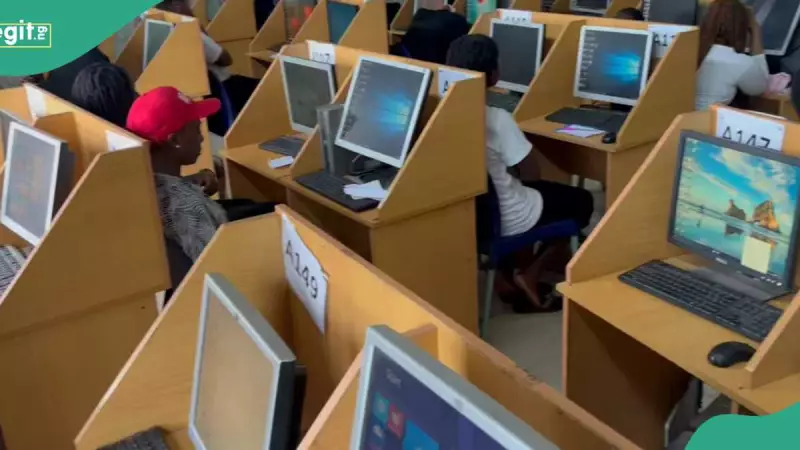
The West African Examinations Council (WAEC) has announced a groundbreaking shift in examination methodology that will transform how Nigerian students approach their final secondary school assessments. In a move that marks a significant digital evolution, WAEC has scheduled a mock Computer-Based Test (CBT) for October 29, 2024, paving the way for the full implementation of computer-based testing in the 2025 West African Senior School Certificate Examination (WASSCE).
A New Era in Nigerian Education
This strategic initiative represents WAEC's commitment to modernizing the examination process and aligning Nigeria's educational assessment with global digital standards. The mock CBT serves as a crucial testing ground to identify potential challenges and refine the system before the main examination.
The October 29 mock examination will provide valuable insights into the technical infrastructure, software functionality, and overall user experience. This proactive approach demonstrates WAEC's dedication to ensuring a seamless transition to digital assessment methods.
What This Means for Nigerian Students
For students preparing for the 2025 WASSCE, this development signals an important shift in examination preparation strategies. The computer-based format will require:
- Enhanced digital literacy skills
- Familiarity with computer-based testing interfaces
- Adaptation to on-screen question formats
- Development of time management skills in digital environments
Preparing for the Digital Transition
Educational stakeholders across Nigeria are encouraged to begin preparations for this significant transition. Schools should focus on improving their computer infrastructure and ensuring both students and teachers are adequately prepared for the new examination format.
The successful implementation of computer-based testing in WASSCE 2025 could revolutionize how examinations are conducted across West Africa, setting new standards for efficiency, security, and reliability in educational assessment.
This bold step by WAEC positions Nigerian students at the forefront of educational technology adoption in Africa, preparing them for a increasingly digital global landscape.





